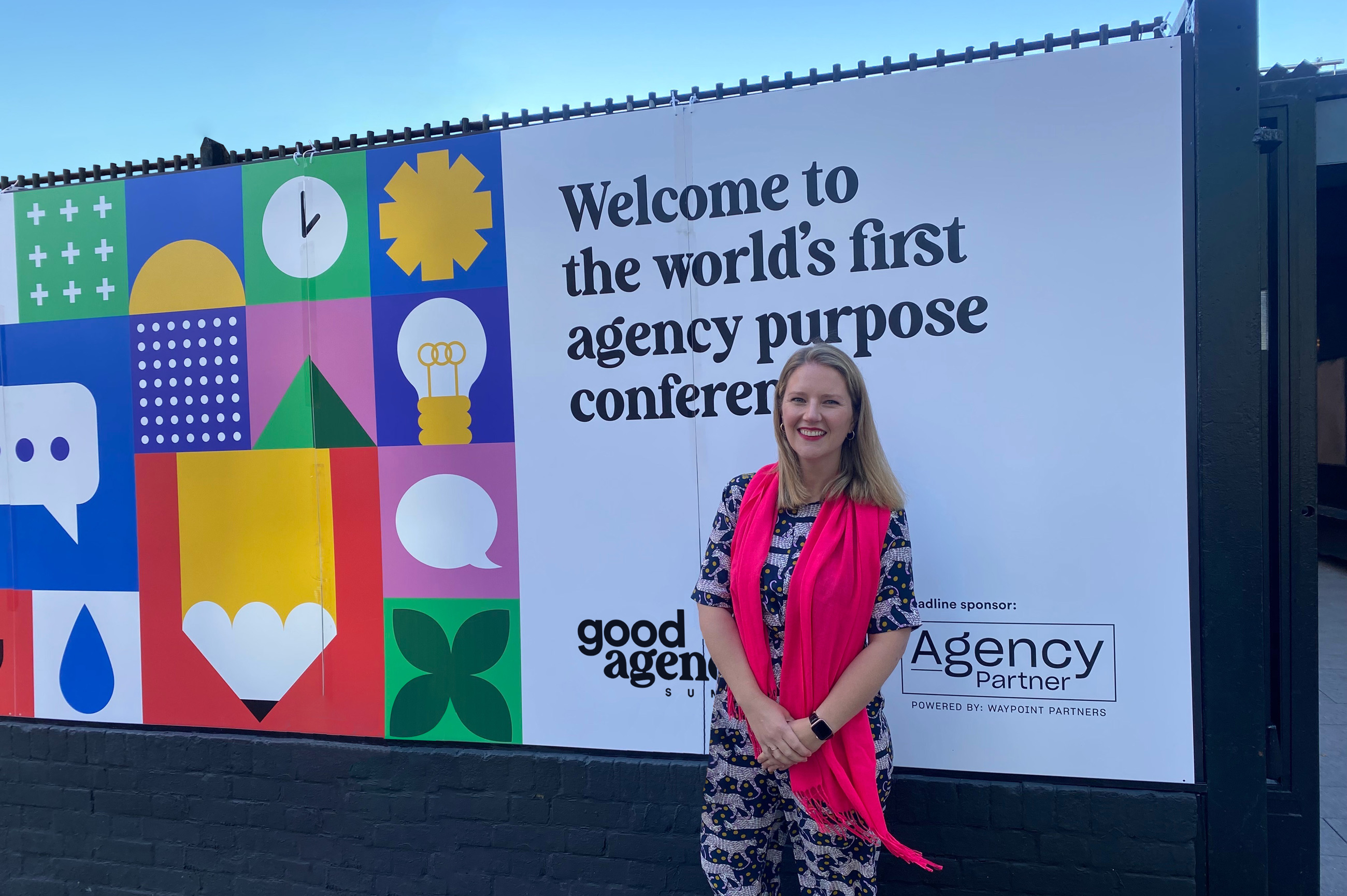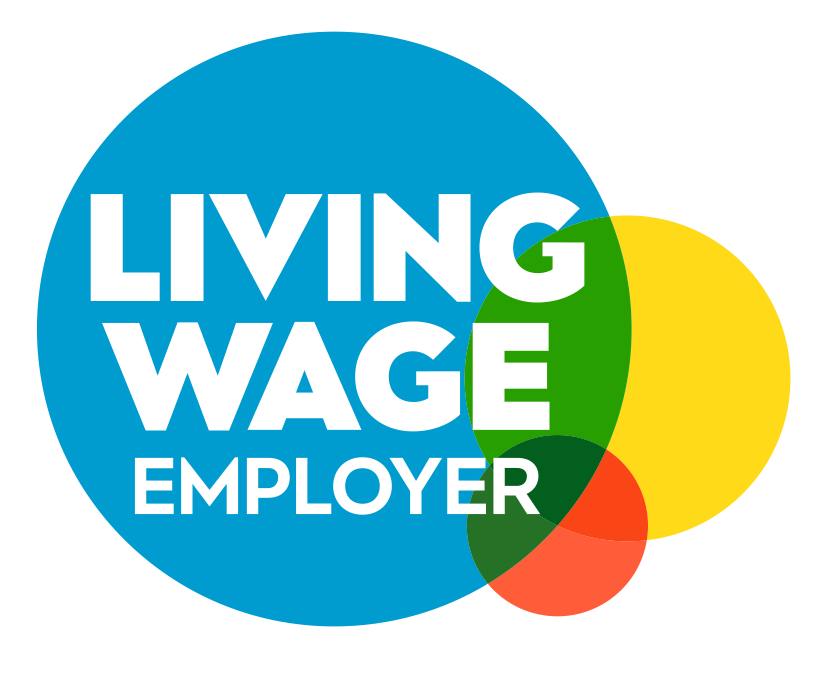Driving positive impact is Atalanta’s bread and butter, so we were keen to attend Agency Hackers’s first Good Agency Summit earlier this month.
Our COO, Elizabeth Ames, shares her insights.
The role that agencies can or should play in driving positive change for their clients, communities, industry, and within their own companies was at the centre of discussions at the recent Good Agencies Summit hosted by Agency Hackers in London. The first conference of its kind, the summit connected agencies that work across a spectrum from business development to copywriting, and consumer PR to strategic communications.
A series of speaker panels explored topics from employee wellbeing to the impact of purposeful work on profitability—can businesses 'do good’ without risking their bottom line—and the unexpected benefits of incorporating social and environmental goals into your agency’s business strategy.
Key takeaways from the day included the reputational risks to agencies that fail to translate purpose into impact, the importance of embedding diversity and inclusion at all levels of an organisation, and the role that B Corporation status can play in driving positive internal change within agencies.
One of the most challenging conversations of the day was how to translate purpose into impact. In a striking keynote, Chris Bullick told attendees it was time to ‘kill purpose and focus on impact’. Both consumers and potential recruits are on the lookout for authenticity and will not hesitate to call out organisations that fail to put their good intentions into action. This can have significant reputational and business risks for those that fall short, as demonstrated by recent scandals around greenwashing— notably within the communications industry. These risks apply as much to the agencies representing those accused of greenwashing as to the companies themselves, meaning agencies positioning themselves for impact must do due diligence on potential clients and be prepared to turn down work that doesn’t align with their values.
Similarly, agencies looking to drive positive impact must embody the values they want to see in their client base—interrogating their own corporate practices and driving positive change within their own organisations. Several speakers talked about the importance of embedding diversity and inclusion across all levels of agencies, not only focusing on recruitment practices but also on company culture, systems, and processes to ensure that people from all backgrounds are able to thrive in an agency setting.
In an interesting panel discussion, multiple agencies that had achieved B Corporation status observed that the process of becoming a B Corp had unexpectedly created an impetus for positive changes to internal ways of working that had also helped with the recruitment and retention of talented team members.
Although the day provided excellent networking opportunities with leaders from multiple different types of agencies who were united in their willingness to explore their own and their company’s role in moving the needle on purposeful work, there was one glaring issue that needed addressing.
For an event focused on the importance of being good to do good, the lack of gender balance across the day was stark. Only a third of ‘highlighted’ speakers were women, with multiple all-male panels (or ‘manels’). Driving lasting impact is only possible if we all work together to reflect on our own biases and include diverse voices, something which I hope will be addressed in future summits.
Delivering on the issues that matter for people and the planet has never been more important. As trusted advisors to clients across all sectors and sizes, agencies focused on purposeful work are uniquely placed to be a force for good, but they cannot do so unless they place positive impact at the heart of their own ways of working.
Author: Elizabeth Ames




